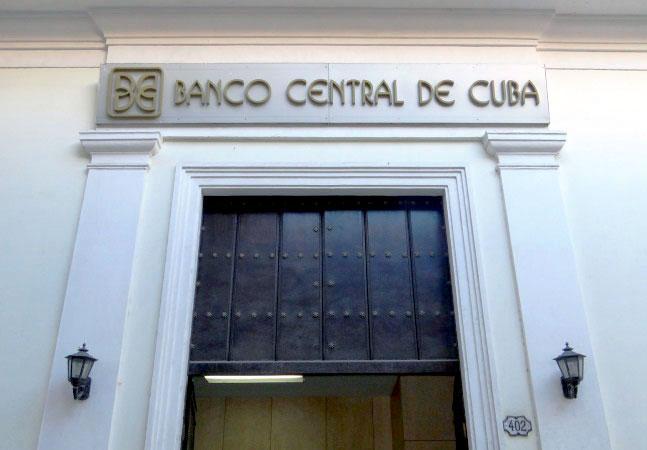Cuba’s central bank announced a package of measures aimed at boosting banking and the use of electronic payment channels amid an inflationary spiral and a strong liquidity crisis.
“In recent years, access to electronic payment channels and means has grown. However, cash operations have grown in greater proportion as a result of inflationary and other factors,” said the vice president of the Central Bank of Cuba, Alberto Quiones, in a press release.
The new measures, which will take effect as of Thursday, “establishes a maximum limit of five thousand Cuban pesos (almost 28 dollars at the current exchange rate) per operation for cash collections and payments” and warns that, in case the amount is higher, they must withdraw it directly at the bank.
Withdrawing cash from Cuba’s ATMs has become a headache for Cubans over the past two months. They have to stand in long lines at the few stations that have money, and if they do, they must settle for small denomination bills.
The Central Bank announcement also coincides with record quotations of the dollar and euro in the informal market, which governs the island’s street economy.
Foreign exchange demand
The US dollar reached 230 pesos, while the euro reached 237, according to “El Toque,” which publishes an average of the informal exchange rate daily.
The Cuban peso began to devalue in January 2021, when the government applied a monetary reform to unify the peso and the cuc, the two legal tender currencies that the country then had, which caused a sharp depreciation of the former.
The demand for foreign currency has grown in recent years due to a record migratory wave in 2022 and the fact that small and medium-sized enterprises (SMEs), authorized by the government in August 2021, need dollars to make their imports and cannot always acquire them in the official market.
Cuba is facing its worst economic crisis in three decades, with severe shortages of food and medicine and an unprecedented inflationary spiral.
In July, Economy Minister Alejandro Gil said year-on-year inflation in May was

















